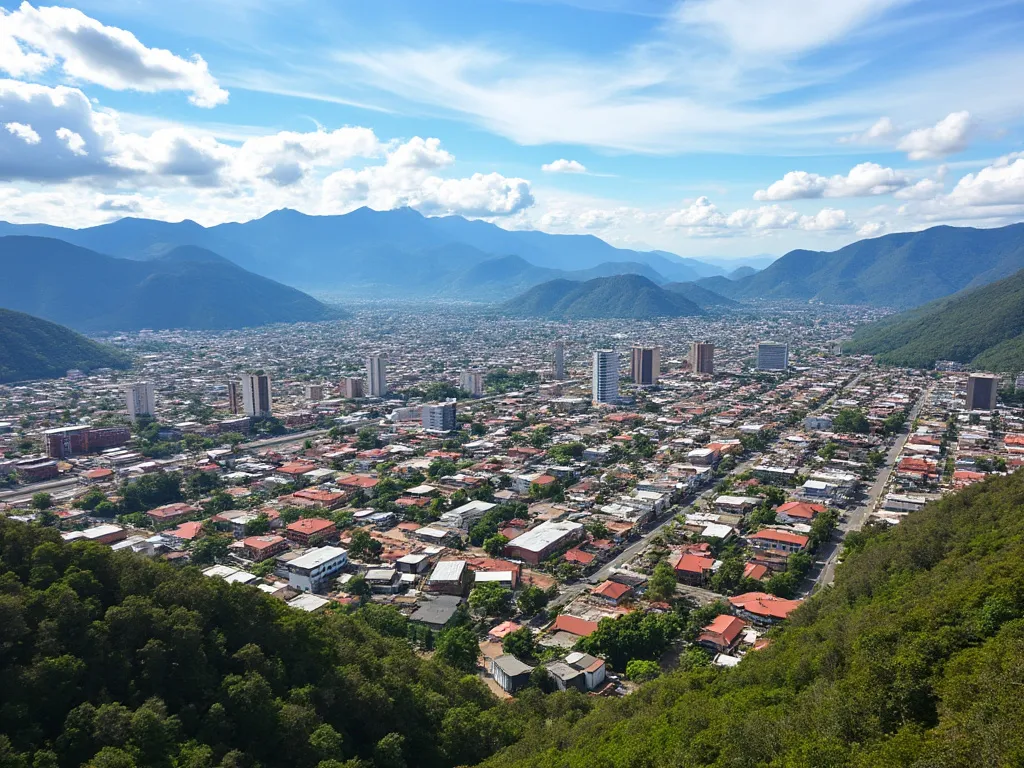
Mbabane is the capital and largest city of Eswatini, a small landlocked country in Southern Africa. The city is situated in the Mdzimba Mountains and is known for its stunning natural beauty and rich cultural heritage.
Mbabane information
| Country | 🇸🇿 Eswatini |
| Population | 94,874 (2020 estimate) |
| Coordinates | 26°19′S 31°08′E |
| Area | 150 km² (58 sq mi) |
| Climate | Subtropical highland climate |
| Language | Swati, English |
| Currency | Lilangeni (SZL) |
| Time zone | South Africa Standard Time (SAST) |
| Proximity to other major cities | Manzini (30 km), Johannesburg (370 km), Durban (430 km) |
Interesting facts about Mbabane
- Mbabane is one of the smallest capital cities in the world.
- The city has a unique blend of traditional and modern architecture.
- Mbabane is home to the Swaziland National Museum, which showcases the country's history and culture.
- The city has a vibrant arts scene, with several galleries and studios showcasing local artists' work.
Tourist attractions in Mbabane
- The Swaziland National Museum
- The Mbabane Market
- The Swazi Cultural Village
- The Mdzimba Mountains
- The Ezulwini Valley
Historical background of Mbabane
Mbabane was founded in 1902 by the British, who made it the administrative center of the then-Swaziland protectorate. The city's name is derived from the Swati word "Mbaba," meaning "father," and was named after the nearby Mbaba River. During the colonial era, Mbabane was a small but significant urban center, serving as a hub for trade and commerce.
Geographical location of Mbabane
Mbabane is situated in the western part of Eswatini, in the Mdzimba Mountains. The city is nestled in a valley and is surrounded by rolling hills and mountains. The climate is subtropical, with mild winters and warm summers. The city's elevation is approximately 1,200 meters (3,900 ft) above sea level.
Cultural significance of Mbabane
Mbabane is a city rich in culture and tradition. The city is home to the Swazi people, who are known for their vibrant traditional clothing, music, and dance. The city hosts several cultural festivals throughout the year, including the Incwala Ceremony, which is a traditional Swazi festival that takes place in December.
Economic importance of Mbabane
Mbabane is the economic hub of Eswatini, with a diverse range of industries, including manufacturing, agriculture, and tourism. The city is home to several major companies, including the Swaziland Electricity Company and the Swaziland Railway. The city's economy is also driven by small-scale farming and handicraft production.
Conclusion on Mbabane
In conclusion, Mbabane is a unique and fascinating city that offers a blend of traditional culture, stunning natural beauty, and modern amenities. Whether you're interested in history, culture, or outdoor activities, Mbabane has something to offer.
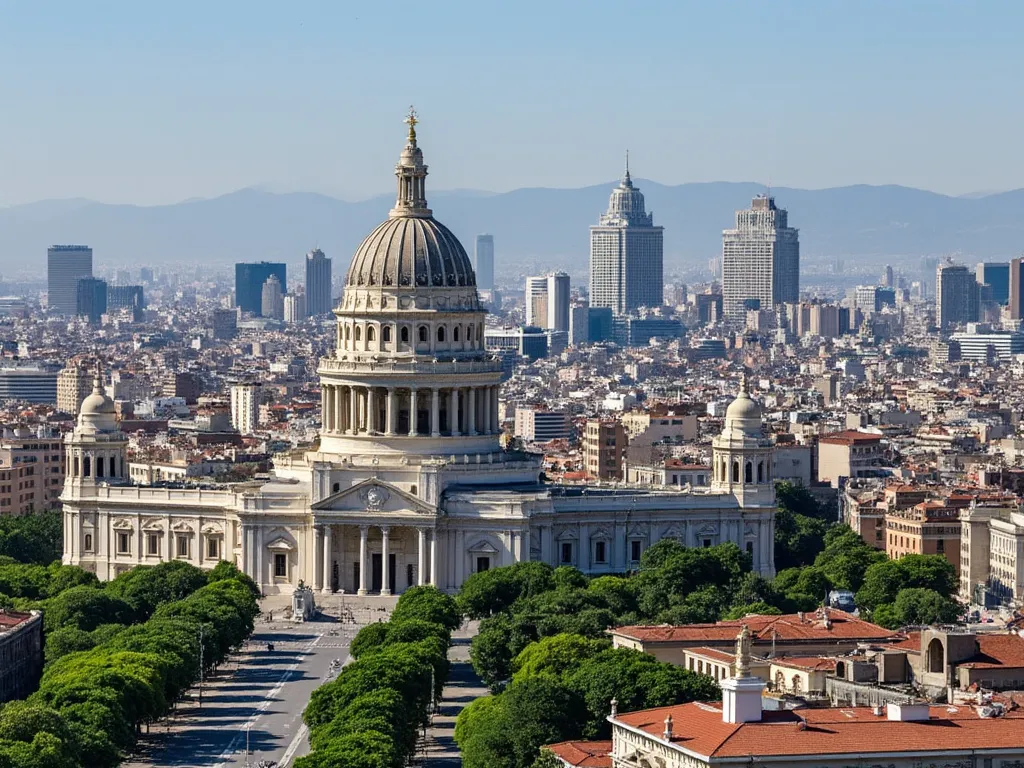 Mexico City
Mexico City
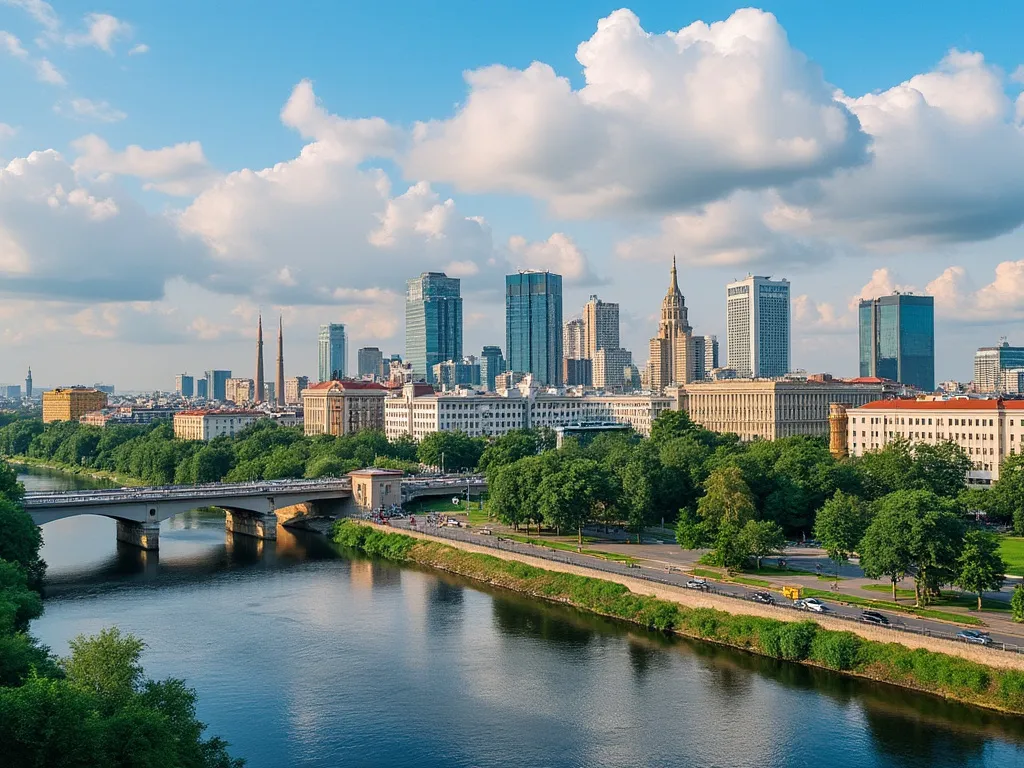 Minsk
Minsk
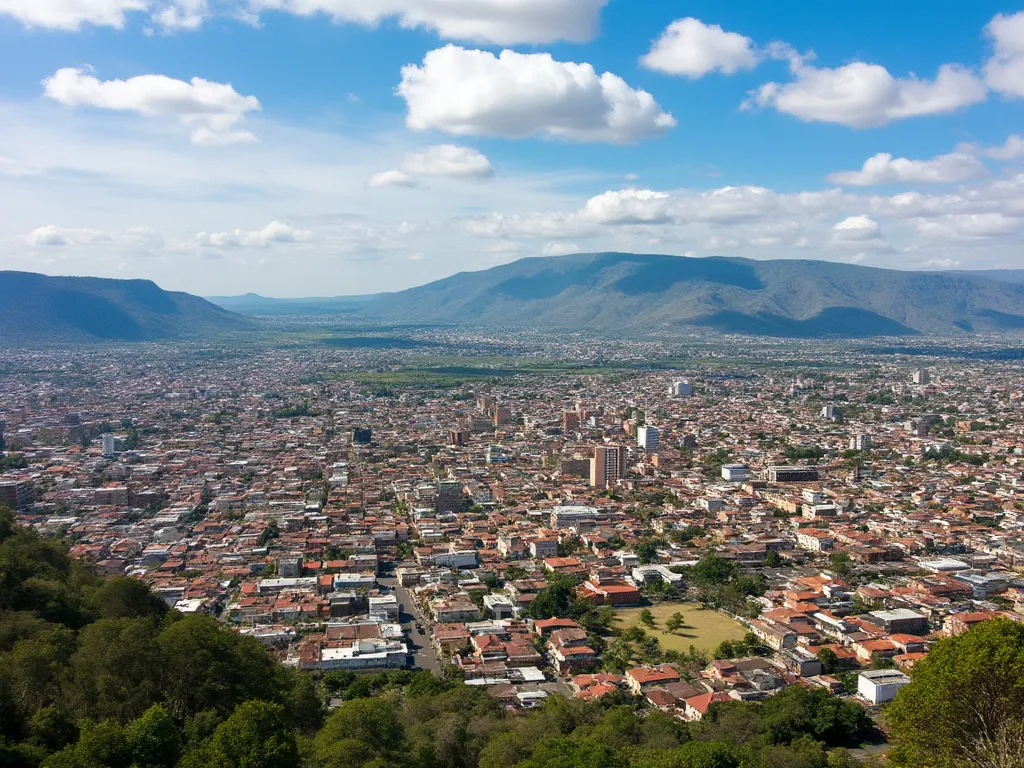 Maseru
Maseru
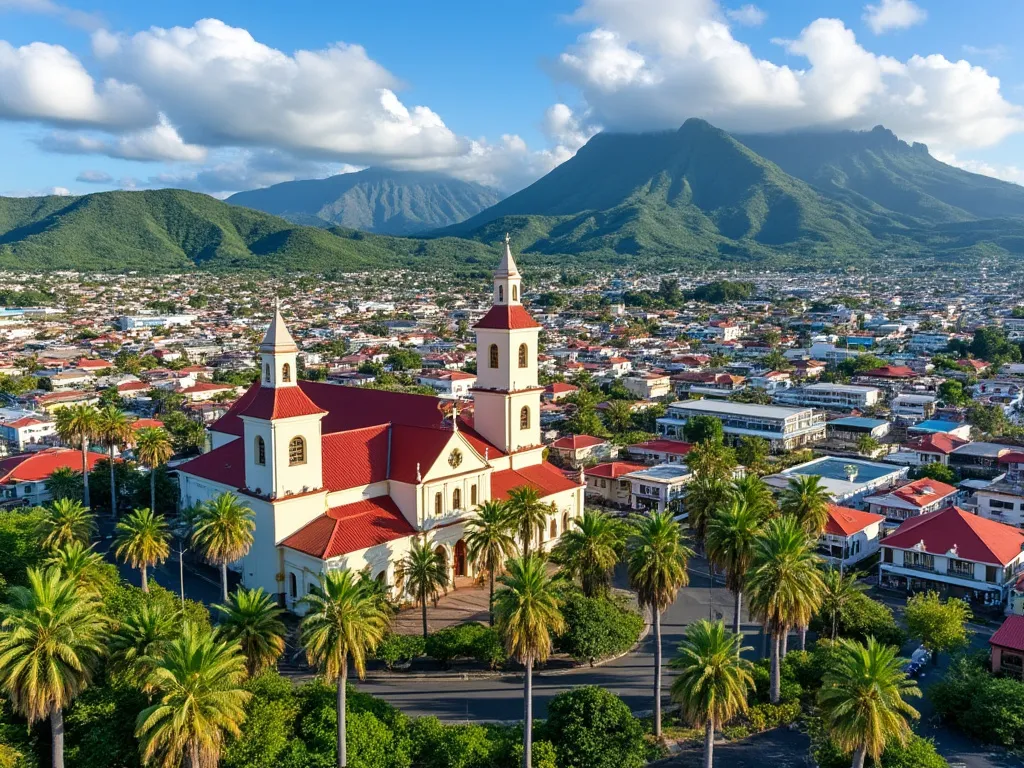 Mata Utu
Mata Utu